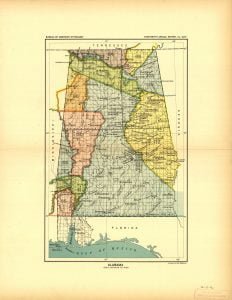Roster of Officers and Enlisten Men
Bolin Perry, Captain Joel J. Folsom, 1st Lt. Lyman Lucas, 2nd Lt. Wade N. Hampton, 2nd Lt. *Privates unless otherwise listed* Arlabee Lewis Baker Robert Brandy, Corp. Summers Bandy Alfred Cass, Corp. Billy Gbson(Ubson) Winchester Burn Chafathekubbee Joel J. Folsom, 1st Lt. N.M. Folsom Starnes W. Folsom Josiah Field Charles Franklin Wm. Franklin Halatubbee Joel Harkin Wade N. Hampton, 2nd Lt. Havkunnobbee, Sgt. Thompson Leflore, Sgt. Wilson Headly Henry Harris Joel Harris Ihtonubbee George Iklannaotta, Corp. John Jam George James William Joel, Sgt. Willis John David Johnson Gimson Jonas, Sgt. Willie Jonas Kanalichubbee Kanimabee Robison Kington John Leflore David Lockly … Read more


